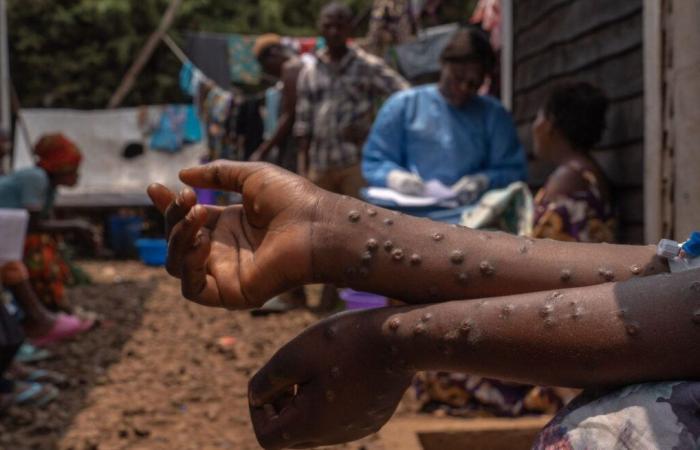The mpox epidemic, which is still raging in the Democratic Republic of Congo (DRC), remains classified as a “public health emergency of international concern”, declared the World Health Organization (WHO).
The World Health Organization decided on Friday to maintain its highest level of alert concerning Mpox, a disease which affects the DRC and neighboring countries. Following a meeting of the Second Emergency Committee of the International Health Regulations, WHO Director-General Tedros Adhanom Ghebreyesus indicated that the situation “continues to constitute a public health emergency of international concern”.
“This decision was taken due to the increasing number and continued geographic spread of cases, operational challenges on the ground and the need to establish and maintain a coherent response between countries and partners,” said the WHO in a note sent to the media.
The resurgence of mpox in the DRC, as well as its spread to neighboring countries, was declared a public health emergency of international concern for the first time on August 14, 2024 by the head of the WHO. The DRC remains the most affected country, followed by Burundi and Nigeria.
Also called monkeypox, the disease manifests itself by skin lesions such as pustules, accompanied by high fever and muscle pain. First identified in the DRC in 1970, mpox was previously confined to around ten African countries before spreading to other regions of the world in 2022, particularly in developed countries where the virus had never circulated.
Currently, two separate epidemics are occurring. The first, caused by clade 1, mainly affects children in central Africa. The second, linked to the new clade 1b variant, mainly affects adults in eastern DRC and neighboring countries.
ODL/SF/ac/APA
Health






